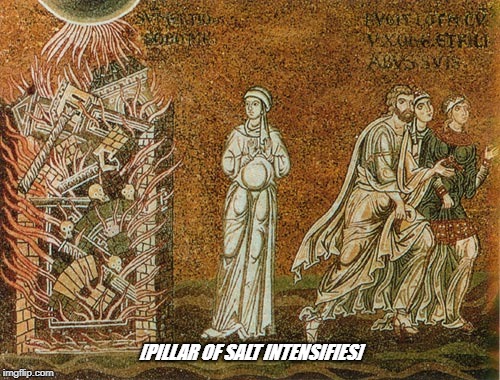Australian rePublic wrote:VoVoDoCo wrote:Free to choose? A lot of people are using the idea of free will to explain why God allows evil things to happen, but I don't believe that the bible provides a case for free will. As for the bit about us failing at the beginning, the Soft Theological Determinism tab is best suited.Even if Casual Determinism is somehow wrong, the bible ITSELF doesn't do a convincing job of establishing free will as absolute. There are two kinds of religious determinism: Soft and Hard.For example, it is through this kind of planning that he was able to predict the crucifixion of the Christ. He didn't FORCE the soldiers to cast lots for his clothes, but because of the domino affect and because he was able to put the pieces into play at the beginning, that the action perpetrated by the soldiers and by the Jews were 100% predictable, they were ordained, unavoidable, predetermined, NO FREE WILL.For example, God hardened Pharaoh's heart multiple times. Also, if at anytime an unaccountable God can force you to think thoughts and do things you wouldn't otherwise do, than I gotta say that there is NO FREE WILL.
Then there's also Biological Determinism, and since supposedly God created us, was also planned by God. But I don't feel like going into it.
BUT WAIT! Wouldn't that mean God orchestrated evil? Doesn't that contradict the character trait of his supposed benevolence?
Yes. And wouldn't that contradiction hint to the possibility he doesn't exist?
God's just a passive observer
So was Spiderman until his uncle got murdered.
Not particularly worthy of worship.
Do we praise or look up to passive observers in the rest of our lives?
Probably not. Why make an exception here?













